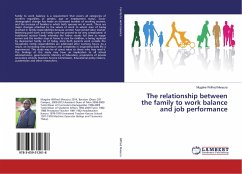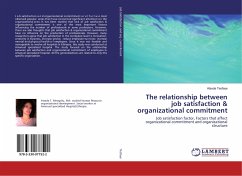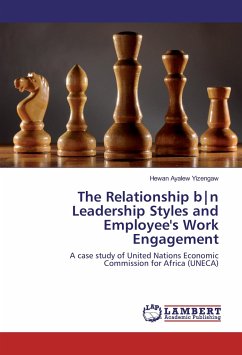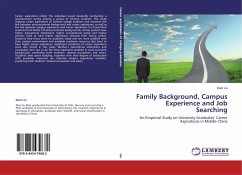Family to work balance is a requirement that covers all categories of workers regardless of gender, age or employment status. Socio-demographic change has made an increased number of working women, and the increase of families in which both spouses are at work. There are major changes attached to the values of work to extent men of being involved in family responsibilities because women have joined labor market. Balancing paid work and family care has proved to be very complicated. A traditional nuclear family whereby the father works full time as wage-earner and the mother stays at home to care for children, is being replaced by dual-earner family. As of today, since both parents work outside the household, family responsibilities are addressed after working hours. As a result, an increasing time pressure and complexity in organizing daily life is experienced. This study may be of great value to those who may read it. The findings of the study may have an implication to all school administrators, governments, Ministry of Education, proprietors of private secondary schools, Teachers Service Commission, Educational policy makers, academician and other researchers.
Bitte wählen Sie Ihr Anliegen aus.
Rechnungen
Retourenschein anfordern
Bestellstatus
Storno








